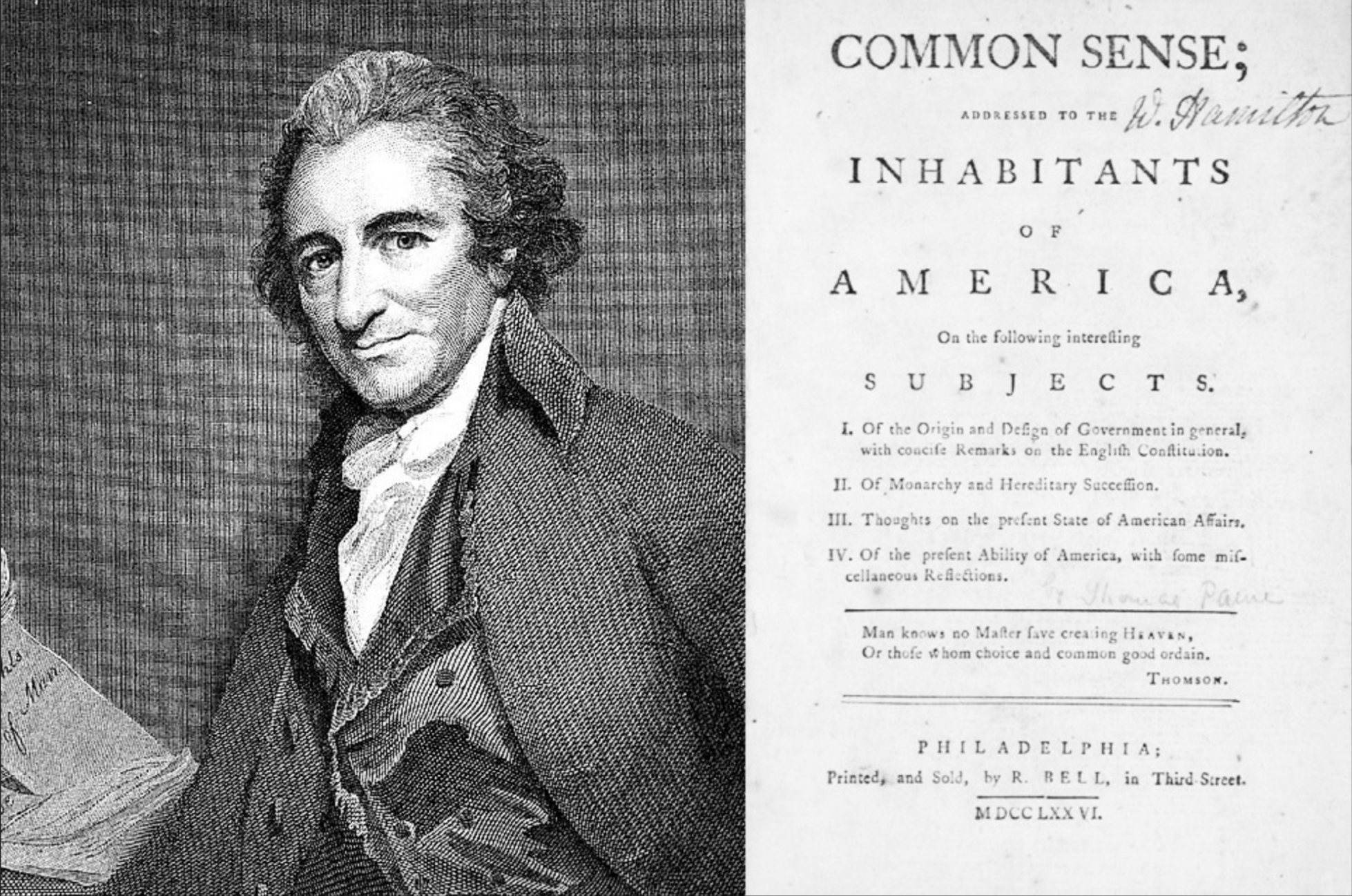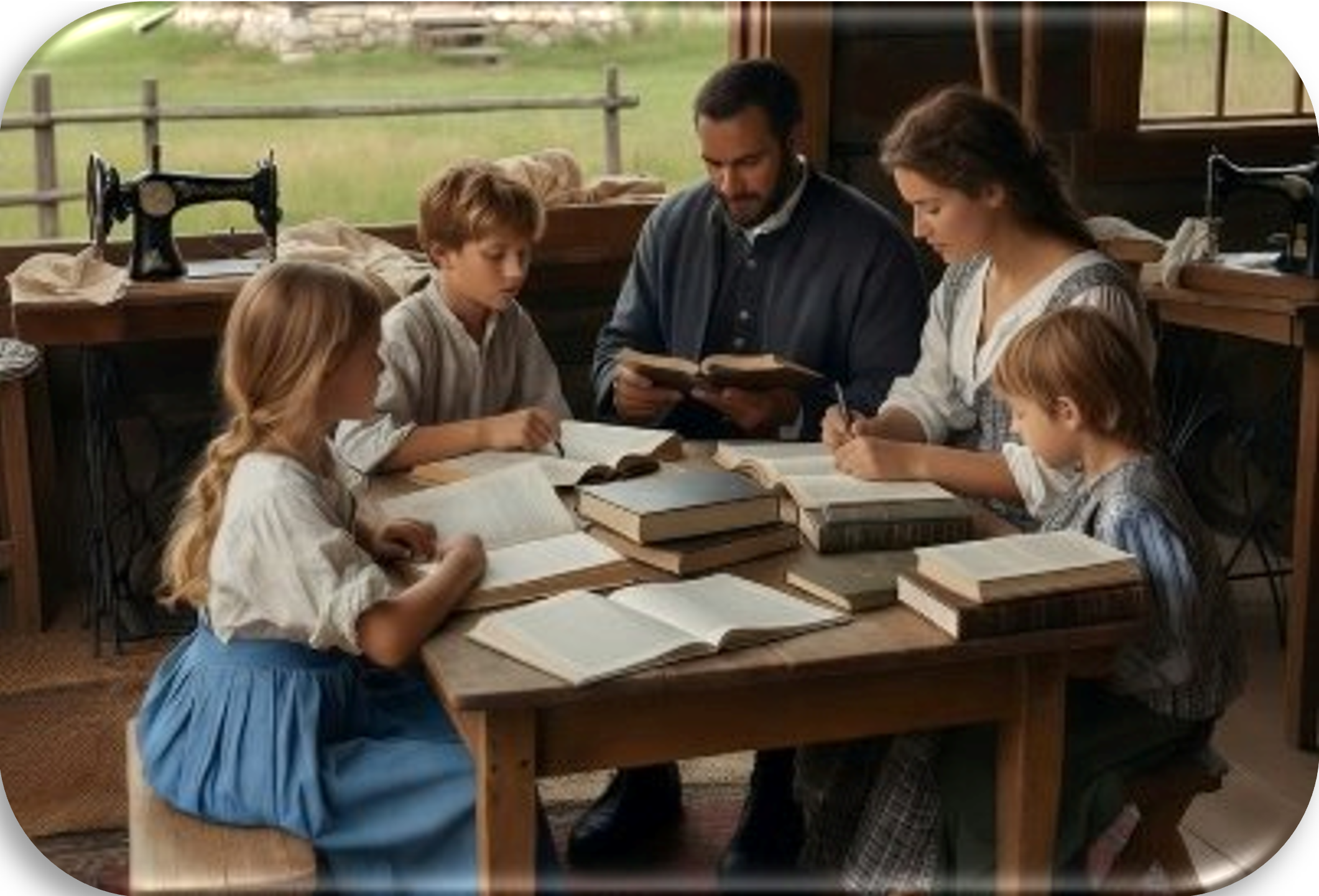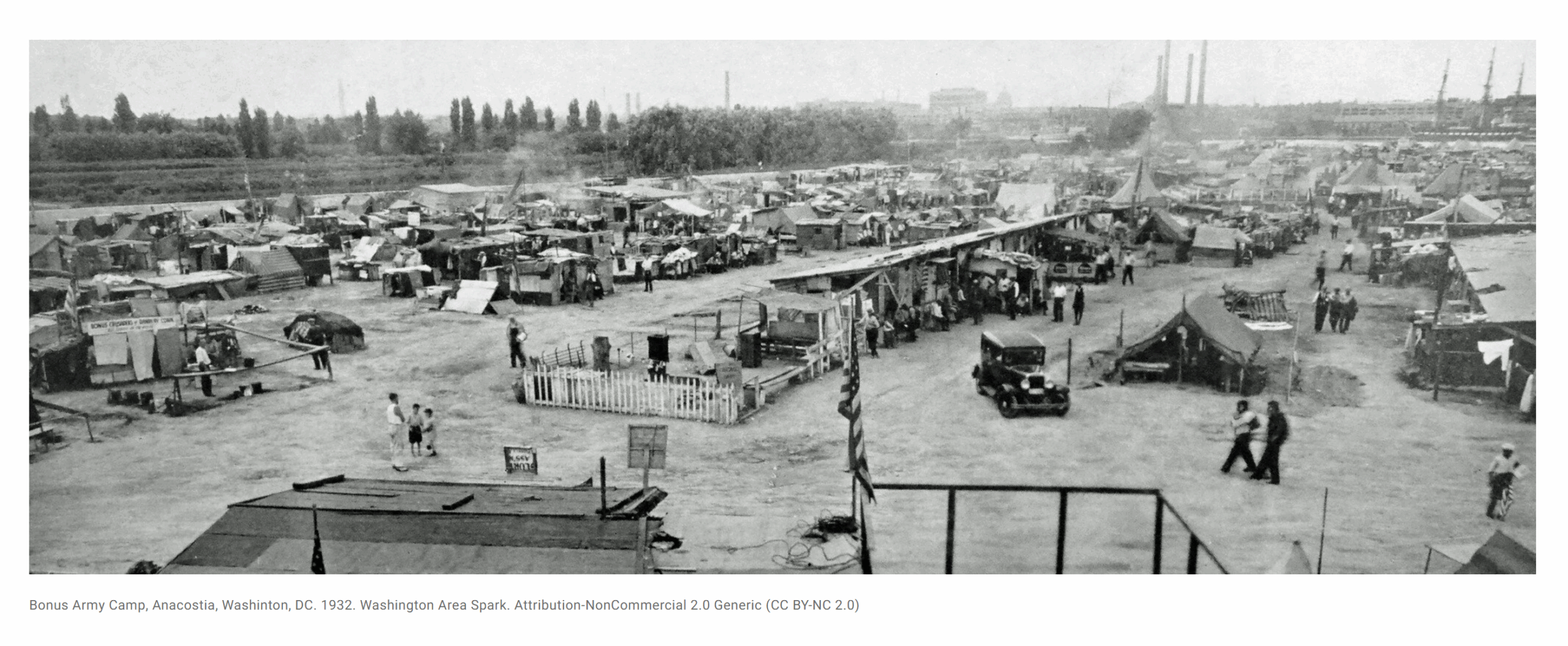Politics & Common Sense — Column by John Spencer
Truthfulness is one of the most fundamental qualities of human character, yet in today’s society it often seems blurred, compromised, or even dismissed as outdated.
I was recently reading an article by Charles Stanley in which he wrote about ‘Truth’ and the fundamental relevance in our everyday lives. That article inspired me to dissect this very human challenge and how it affects us.
It is my opinion that we live in a culture where words like “spin,” “misrepresentation,” “falsehood,” or “alternative facts” are treated as softer substitutes for what they truly are— lies.
Why is it so difficult to speak the truth, especially when it causes discomfort or pain?
It is my belief that part of the reason is fear. We fear rejection, loss of reputation, or the conflict that truth might bring. When truth is absent, all is distorted. We cannot claim to be honest while only half-truths are present and very strategic omissions are obvious.
There is relativism, a notion that treats ‘truth’ as fluid, being shaped by an individual’s perspective. What maybe ‘true for you’ may not be ‘true for me’. This notion allows for the ‘drifting’ based on opinion and lacks any fixed compass of clarity. It is my opinion that justice, relationships, and freedom cannot flourish when the ‘comfort of the moment’ is our truth.
The impulse to lie becomes apparent at an early age. We discover very early that twisting or embellishing the truth may help us avoid pain or punishment. I was ‘caught’ numerous times growing up, lying to my parents just to avoid getting into trouble.
This impulse is probably instinctive and according to Scripture, is part of our nature. Truthfulness then must be intentional on our part and we should resist the easy path of deception.
Throughout history, humanity has affirmed that truth is the cornerstone of civilization.
From Scripture and the Commandment against bearing false witness, to the Declaration of Independence’s claim that “we hold these truths to be self-evident,” to our own U.S. Constitution and Federalist Papers published in 1787, assumed that citizens must discern and pursue truth through honest debate, not manipulation. Plato’s writings from the 4th century BC fostered the relentless pursuit of truth through dialogue, reason, and inquiry.
These enduring documents and other history, remind us that truth is not a passing preference but a permanent foundation for our country and society.
At its core, truthfulness is not only about the words we speak but also about the values we hold. Self-examination becomes crucial. Should or do I alter the truth when it seems convenient? Do I feel threatened by the truth when it challenges me? Do I justify a lie if it does not appear to harm anyone?
These are uncomfortable questions, but they reveal much about how we actually value truth. If we feel unsettled after telling a lie, or if we feel betrayed when someone lies to us, then we already know, deep down, the moral weight of dishonesty.
Dishonesty damages relationships. Without truth, families falter. The same holds true in public life. When politicians replace truth with vague phrases like “misrepresentation” or “inaccuracies,” they are still lying. When leaders lie, the framework of society erodes because citizens no longer know whom to trust.
Truth should be based on reality. Reality does not bend to convenience. A business that hides losses will collapse. A marriage built on lies cannot endure. A government that deceives its citizens will ultimately face distrust. To deny reality is to live in illusion, and illusions always crumble.
It is my opinion that we must recognize that truth is not an external weapon to be wielded against others, but an internal discipline to be cultivated within ourselves. Living truthfully requires wisdom to distinguish what is real from what is false, strength to resist the temptation to reshape reality for personal gain, and courage to speak openly even when honesty may cost us comfort, approval, or ease.
Wisdom, strength, and courage are the foundations for integrity.
Very soon we will have another election here in Kootenai County. Candidates will project their message woven into promises. As citizens we will need to carefully dissect the messages and question whether their statements and promises align with their conscience.
When we know that those around us are truthful, when politicians are truthful, we will act with confidence. The personal reward of truthfulness is freedom.
I believe that truthfulness is not just another virtue but should be the bedrock of character. Families, communities, and nations cannot flourish when truth is negotiable and relativism is the norm. The challenge before you and I, is to embody truth as a way of life, not only when convenient, but always.








